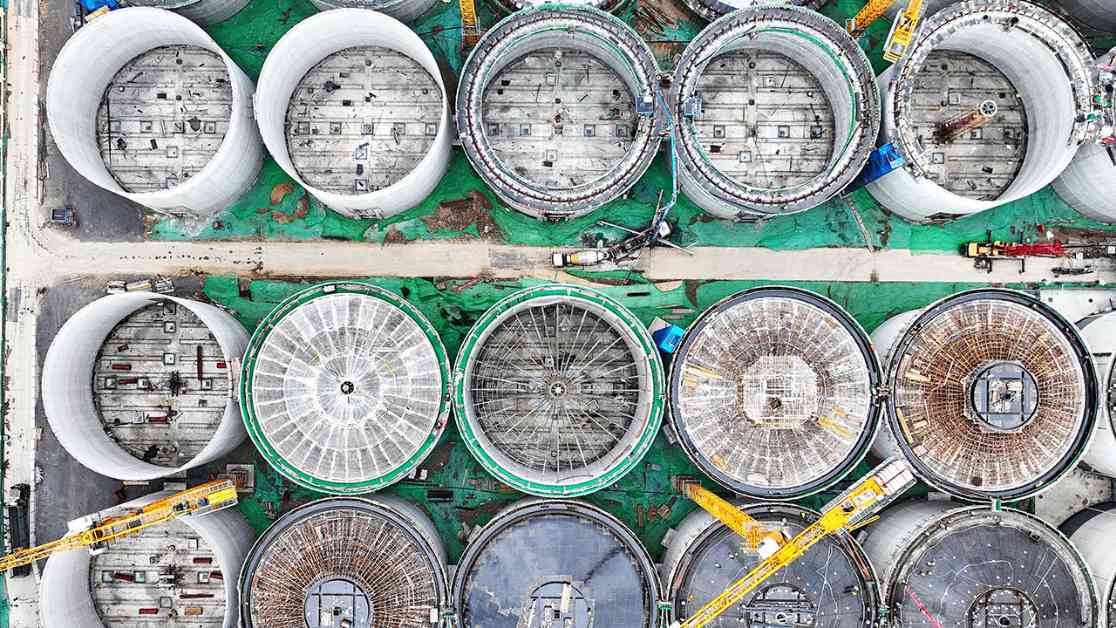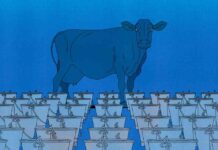Xi Jinping, the President of China, has been making headlines recently for his secret commodity stockpiles. The vast new holdings of grain, natural gas, and oil have raised eyebrows and sparked speculation about the reasons behind this secretive move. While China’s rapid economic growth and increasing population have fueled its demand for raw materials over the past two decades, recent economic challenges and political mismanagement have raised concerns about the country’s future stability.
The Real Reasons Behind Xi Jinping’s Secret Commodity Stockpiles
China’s Insatiable Appetite for Commodities
China’s economic boom over the past two decades has been fueled by a voracious appetite for raw materials. The country’s growing population and expanding middle class have led to increased demand for dairy, grain, and meat. In addition, China’s massive industries require vast amounts of energy and metals to sustain their growth. As a result, China has become one of the world’s largest consumers of commodities, driving up global prices and reshaping the global economy.
However, recent economic challenges, including political mismanagement and a property crisis, have raised concerns about China’s ability to sustain its rapid growth. The government has acknowledged the need to shift away from resource-intensive industries and promote sustainable development. In theory, this should lead to a decrease in China’s demand for commodities. Yet, the recent stockpiling of grain, natural gas, and oil by Xi Jinping’s government suggests that the country’s appetite for raw materials is far from shrinking.
The Significance of Xi Jinping’s Secret Stockpiles
The secretive nature of Xi Jinping’s commodity stockpiles has raised questions about the government’s intentions and the impact on global markets. The stockpiling of essential commodities like grain, natural gas, and oil could be seen as a strategic move to ensure food and energy security in the face of global supply chain disruptions and geopolitical tensions. By hoarding these critical resources, China could insulate itself from external shocks and maintain stability in the face of uncertainty.
Moreover, the stockpiling of commodities could also be a way for China to exert influence on global markets and gain leverage in trade negotiations. By controlling significant portions of key commodities, China could manipulate prices and supply chains to its advantage, shaping the global economic landscape in its favor. This could give China unprecedented power in international trade and diplomacy, strengthening its position as a global superpower.
The Implications for the Global Economy
The stockpiling of commodities by Xi Jinping’s government could have far-reaching implications for the global economy. As one of the world’s largest consumers of raw materials, China’s actions could disrupt global supply chains and drive up prices for essential commodities. This could have a ripple effect on other countries that rely on these resources for their own economic growth, leading to inflation and economic instability on a global scale.
Furthermore, China’s stockpiling of commodities could exacerbate existing geopolitical tensions and trade disputes. By hoarding critical resources, China could provoke backlash from other countries that depend on these commodities for their own economic development. This could lead to increased competition and conflict over scarce resources, further straining international relations and fueling geopolitical instability.
In conclusion, Xi Jinping’s secret commodity stockpiles raise important questions about China’s future economic trajectory and its impact on the global economy. By hoarding essential resources like grain, natural gas, and oil, China could be positioning itself for greater economic and geopolitical influence. However, the implications of these stockpiles remain uncertain, and their long-term effects on the global economy are yet to be seen. As China continues to assert its dominance on the world stage, the world watches with bated breath to see how these secret stockpiles will shape the future of global trade and diplomacy.

















